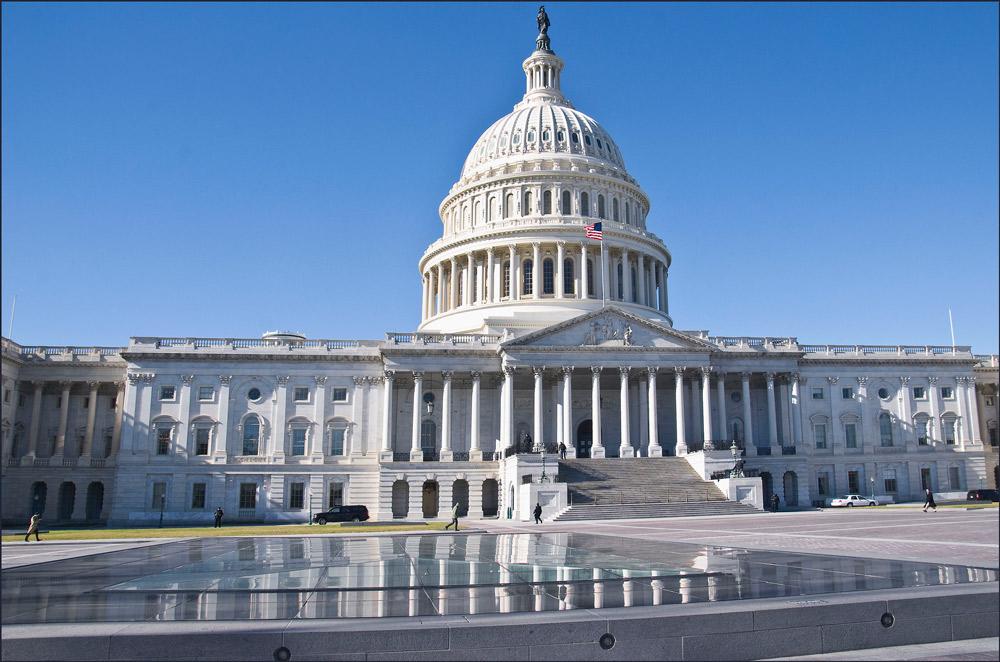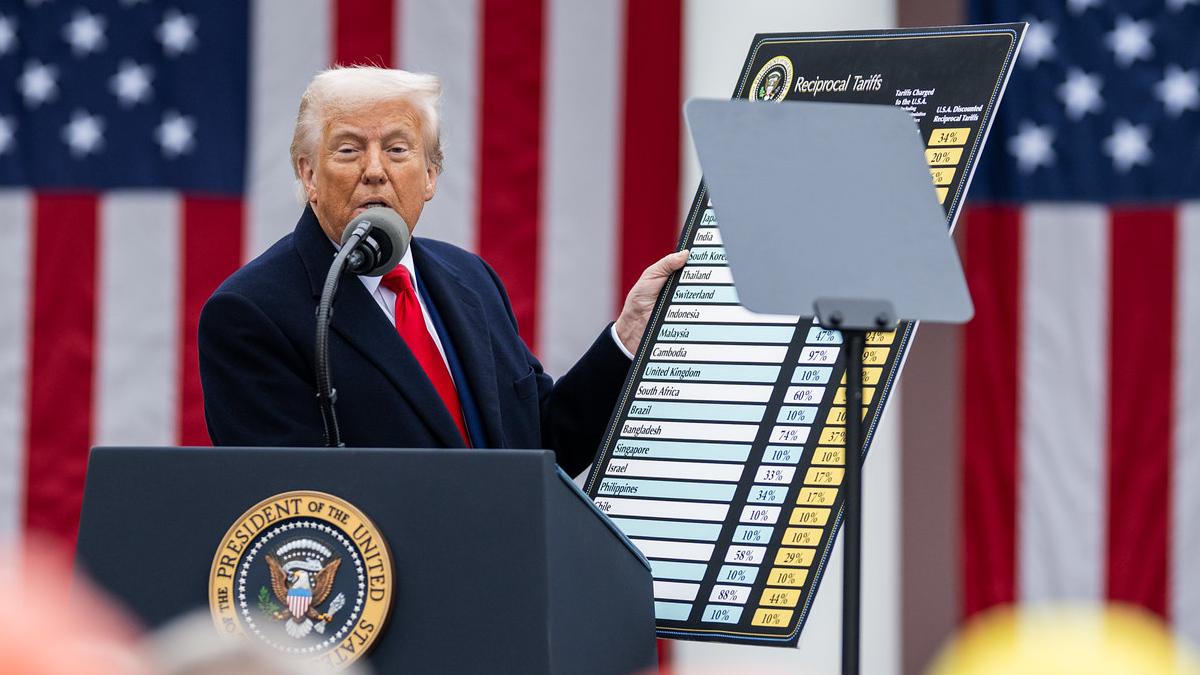Pharma stocks fall after Pelosi's plan to cut drug prices emerges on Capitol Hill

Pharma stocks fell yesterday after an early draft of House Speaker Nancy Pelosi’s plan to reduce drug prices was made public, which could curb prices on the 250 most expensive drugs.
According to press reports Pelosi’s plan could still change, allowing Medicare to negotiate lower prices on these most costly medicines and apply the discount to private health plans across the US.
The reports were first published by Bloomberg Government, and CNBC reported that a senior Democratic aide verified its authenticity while cautioning that the document made public was an older version and was subject to change.
Shares in many drug firms ticked down after the announcement, which was described as “extremely ambitious” by one analyst.
The Department of Health and Human Services (HHS) is currently prohibited from negotiating drug prices on behalf of Medicare, a Federal scheme providing health insurance for the elderly.
Private insurers that cover the bulk of the US population use pharmacy benefit managers to negotiate rebates from pharma manufacturers to allow better coverage.
Pelosi’s plan has been in development for months and would give the HHS similar powers.
High drug prices is an issue that both Democrats and Republicans have both been tackling at a time when US politics is bitterly divided under the administration of president Donald Trump.
But the president has made little headway on cutting drug prices so far, despite championing the cause in his presidential election campaign, and several policy announcements in the years since then.
Trump has come up with several proposals, including lowering prices of drugs funded in Medicare’s “Part D” covering drugs taken at home by patients for diseases such as blood pressure and cholesterol.
The plans that emerged in May would be much broader than previous proposals to lower prices under Medicare’s “Part B” schedule, which are administered by doctors.
Trump’s plan involves tying the price of US drugs to the lowest costs seen in other countries, creating a reference pricing system similar to that seen outside the US.
Just which of these plans, if any, will make it through the US legislature remains to be seen, and could well hang on the outcome of the presidential elections next year.
However lowering drug prices remains a top issue for voters, and it looks like the days of free pricing in the US could be numbered.













